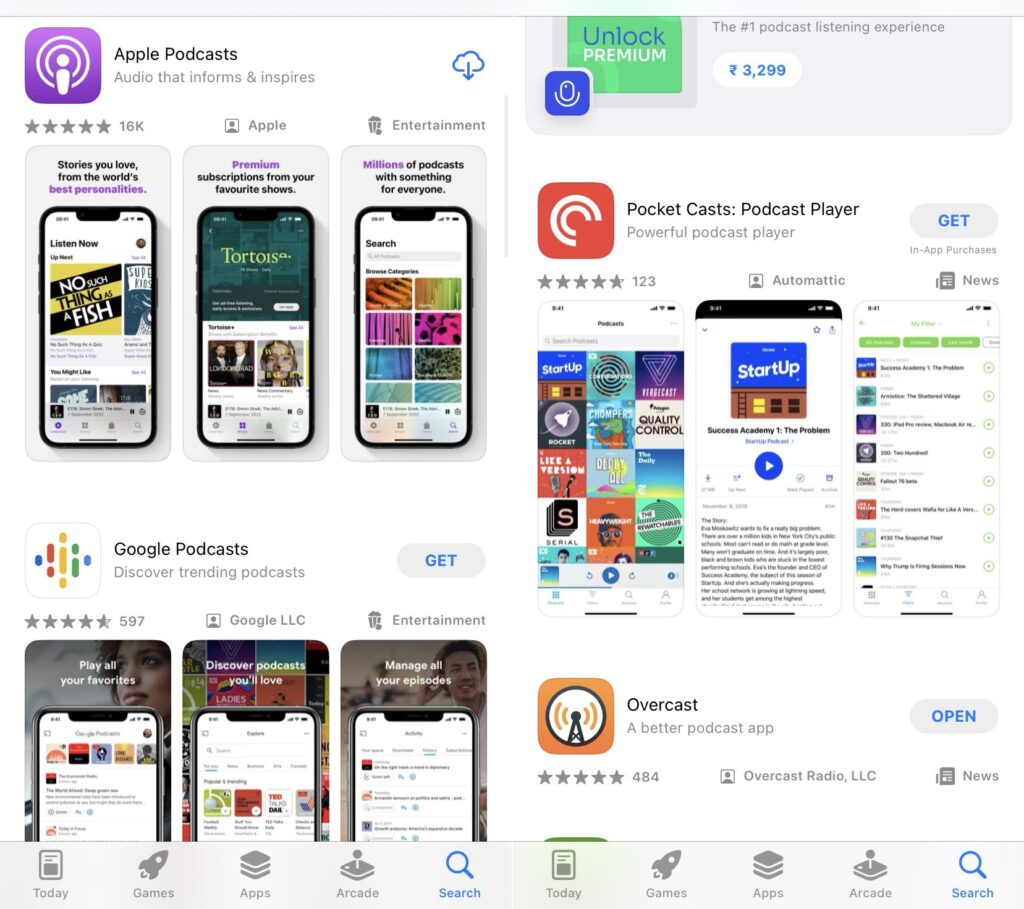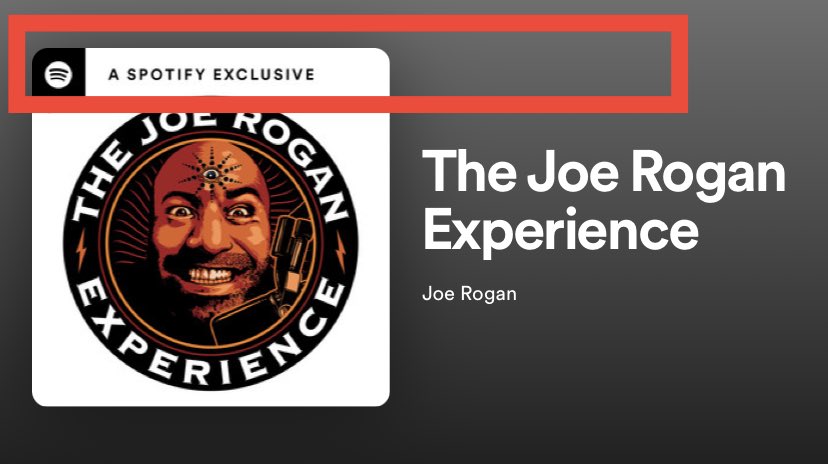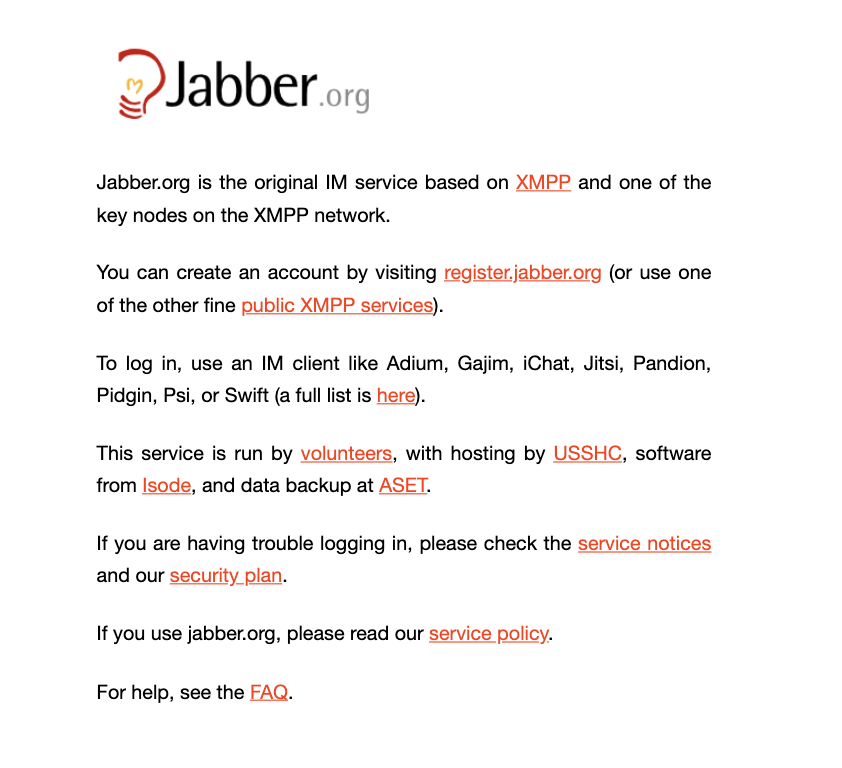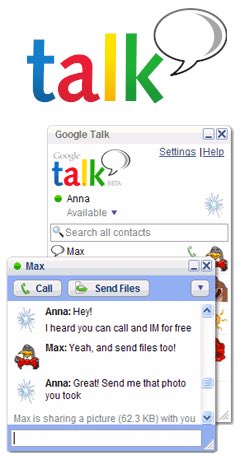Jason Fried of Elon Musk, via his Twitter:
I find most of his business decisions snugly wrapped in *practicality*.
Much of the stuff that’s branded risky actually feels like risk reduction to me. Like most things, it depends which lens you look through. Bold, simple, and practical is how I see it.
Many of the decisions appear reckless if you’re peering through the antique monocle of corporate America. Musk looks through a telescope. The focal points are entirely different.
Looking at what he’s done, and what he’s doing, traditional corporate America has actually taken the riskier route – fear, marginal decision making, complexity, and mediocrity slathered in marketing.
Mistakes come in all shapes and sizes, but the ones that come with slow decisions, committees diluting responsibility, sloppy cost control, and the prerequisite of pseudo-certainty before making a move are the worst kinds. Musk doesn’t make those kinds, his critics often do.
His mistakes are real, and, like all mistakes, have real consequences, of course, but they’re rooted in forward motion, rather than anchored in preservation of what was.




